Kelly Gephart is a nurse practitioner who helps lead Humanity & Hope United’s Health Squad, a team of medical professionals volunteering their time to help H&H and Dr. Fabiola on medical projects in Honduras. Kelly is an essential part of this team, and we truly would not be able to do all that we do without her. Thank you, Kelly, for your work both on the front lines of the COVID-19 crisis in the United States and for all that you do for our communities in Honduras!
Do you think your experience with the H&H Health Squad has helped you prepare for what you have to face on the frontlines of COVID-19 here in the United States?
These are unprecedented times. I’m not sure there is anything that could have prepared us for what we are facing as a nation during this time. I see family members dying alone or loved ones unable to visit or communicate with their severely ill relatives. Seeing the fear in the eyes of an elderly demented woman as she faces the biggest battle of her life, all alone, has been heartbreaking. In addition to providing clinical skills, we need to be our patients’ support during the most terrifying times of their lives. If my time with the Health Squad and H&H has taught me anything, it is being an advocate for those less fortunate. Everyone deserves a fighting chance and it is our duty to help our fellow humans achieve this.
Why is it so important that we continue to provide healthcare for vulnerable populations across the world, especially during this pandemic?
A common theme we hear daily is that “we are in this together.” To me, that doesn't just mean here in the states but also globally. This pandemic does not discriminate and all nations, ethnicities, and cultures are or will be affected at some point. Being isolated from the cities may be beneficial as it relates to their potential exposure to COVID-19. However, this is a very contagious and rapidly spreading virus with a relatively high mortality rate, and isolation serves as a severe disadvantage. If even one person in the village acquires COVID-19, it could be detrimental for the entire community. With limited transportation in the villages and miles from a health clinic/hospital, an outbreak could be catastrophic to the villages we serve.
Hospital systems serving these vulnerable populations are overcrowded and many times lack the basic necessities to provide for their citizens on a “normal” day, creating a dire situation if faced with this pandemic at its worst. Supporting Dr. Fabiola and her needs is our priority as a team. She is allowed limited access to the villages and is doing an amazing job educating them on proper hygiene and prevention of the COVID-19 virus. The Health Squad team was preparing to travel to Honduras 4/26-5/1 for our annual medical brigade, which has since been canceled due to the pandemic. Although we cannot physically be there, we are with them spiritually and supportively.
“Supporting Dr. Fabiola and her needs is our priority as a team. She is allowed limited access to the villages and is doing an amazing job educating them on proper hygiene and prevention of the COVID-19 virus.”
How are you providing the educational seminars, especially since we are unable to travel to Honduras right now?
We assist Dr. Fabiola by creating educational outlines that she can either use as guidance or distribute to the villagers. Educational material is kept basic and is shared in a format that includes visuals. Along with educational seminars, we are working to create emergency plans for the communities, which are useful for a variety of emergent scenarios. Dr. Fabiola created a specific protocol for COVID-19 to use in the communities, making use of valuable feedback from two H&H volunteer physicians. Since I am currently working in our local COVID-19 unit as a nurse, I have shared with Dr. Fabiola the trends we have noticed in my unit.
Photos by Nicole Rodriguez
What preventive measures have we taken to prevent the spread of COVID-19 in the H&H communities?
With Dr. Fabiola taking the lead on the COVID-19 protocol implementation, the Health Squad will be donating and sending homemade masks to Dr. Fabiola to distribute in the communities. Homemade masks can be washed and will last longer than disposable surgical masks. This need is urgent to help these communities.
Explain how and why you were motivated to send equipment (masks) to Honduras when they are also needed here in the United States?
As a front line healthcare worker in a COVID-19 unit, I see daily the need for basic protection to help prevent the spread of this “invisible enemy.” People in the United States tend to have a variety of options for facial/mouth coverings, including donated and homemade masks. I've heard of people using socks, scarves, and handkerchiefs. Due to the climate in Honduras, socks are seldom worn and scarves are non-existent. My love for the people we serve and the opportunity they deserve to have a fighting chance against this potential threatening virus to their communities has been my driving force to help them be as prepared as possible.
Thank you so much for everything you do, Kelly!


